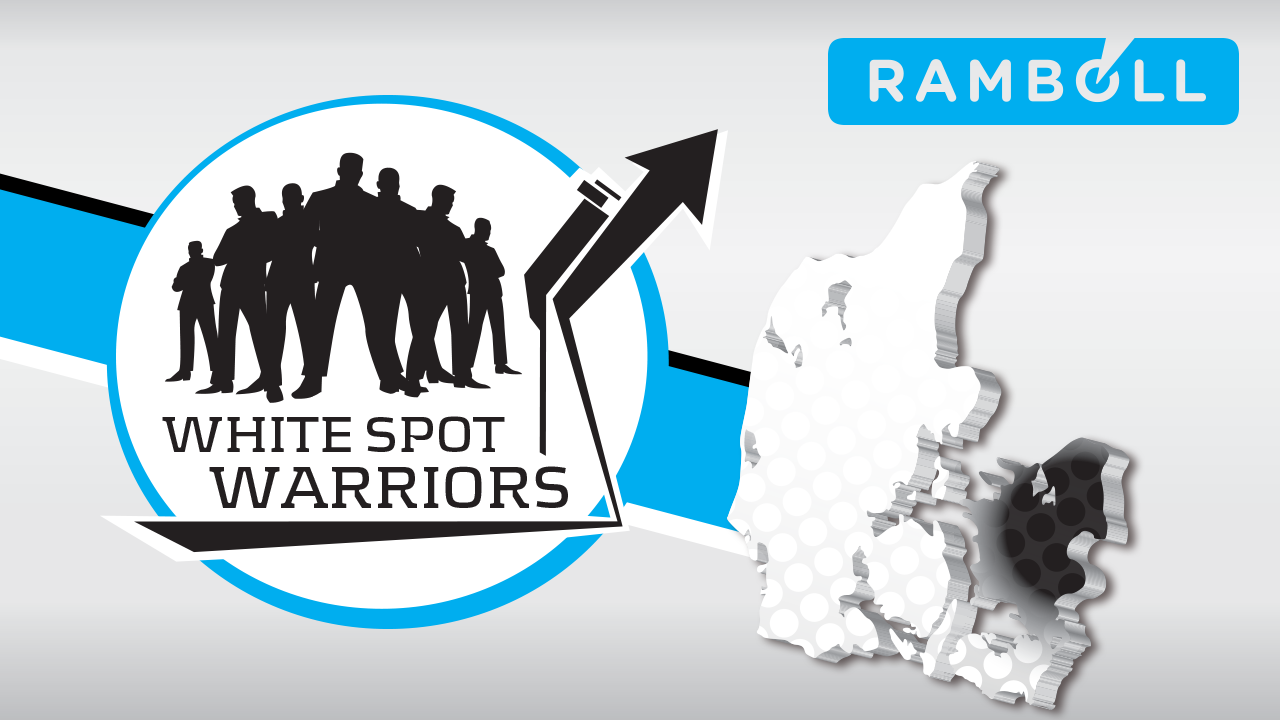Five-fold growth in new customers
Unrealistic Goal: 5,000 new customers in 6 months
Outcome: 100% achievement of the goal
Solution: Performance Culture Program
data-animation-override>
“We had a strategy, but we doubted our ability to execute. We heard about the results Qeep had achieved in a similar situation for another company, had a talk with them and initiated the transformation of our company. What we didn’t realize in the beginning was how strongly we were influenced by the old Shell culture. We can see now how that would have been fatal in the long term in an energy market under pressure. My mandate as CEO has grown, my managers have grown as a team, and the company is ready for the energy fight in the Danish market”
The Challenge
The challenge for DCC was to attract more customers in a recessive energy market – without negatively impacting earnings.
For some time, the company had seen weak and unsatisfactory growth in market share in the Danish energy market. The introduction of gas distribution had not resulted in the desired customer influx.
The Process
Each employee at the company set very ambitious goals. The employees in corporate and private sales, in particular, set extreme goals for growth in new customers and they carefully considered what it would take to achieve them.
Everyone agreed that the results couldn’t be achieved. At least not without new thinking and putting an end to the old “Shell paradigms”.
The managers were challenged to their very cores in terms of leadership style, ability to work cross – organisationally and internal communication. Responsibility, prioritisation and focus on the end result took over the agenda, pushing aside the old Shell culture. Following up on activities that yield results became an integral element in achieving success.
Old Habits
First, it should be nice to go to work; second to that comes results. That was the culture at DCC – with the results to prove it. It was always someone else’s fault if something went wrong; employees subconsciously resisted each other and took a reactive stance to internal and customer-related challenges.
As a result, productivity remained unsatisfactorily low.
New Behaviour
After massive resistance from management in the early stages of the project, every manager now drives the company towards the end goal via weekly or biweekly results meetings. Responsibility for achieving goals now rests solidly with the individual employee. The “impossible” goals are achieved by focusing on the results, something that managers and employees thought to be impossible just nine months earlier. Consistency has become a trademark of top management and innovative thinking combined with process optimisation are part of daily life for the vast majority of employees.
The Results
- Five-fold increase in the first 6 months:
- 5,000 new customers in 6 months
- 5 new sales channels established in the market
- 5 new products introduced to the customers
And all with earnings on budget for the period.
The Hero
Operations Manager Kirsten Ramsing has always had a good handle on the business, always knowing what needed to be done. In the beginning, she resisted the “rigid results-oriented method which doesn’t suit our business”. But as the process progressed, she embraced the results-oriented method and began coaching her employees to help them achieve results instead of giving them directives. The outcome is “win/win”, in Kirsten’s own words. She is now a better boss, while her employees assume responsibility and profit from the good results.
The two middle managers in marketing and private sales who report to Kirsten have both exceeded their targets for new customers. Together, the three of them have established a fantastic results partnership.
The Unrealistic Goal
For DCC Energy Denmark to grow significantly and gain market share in an energy market under pressure.
To grow from approx. 1,000 new customers in the first half of the year to 5,000 new customers in the second half. The vital result, however, is how the corporate culture at DCC Energy Denmark has transitioned from a reactive energy supplier into an agile, proactive and results-oriented distributor in the energy market.
The Organisation
DCC Energy Denmark has approx. 70 employees and is an energy distribution company seeking growth in the Nordic market. DCC specializes in the distribution of heating fuel, diesel, natural gas and lubricants to private customers and businesses.
DCC Energy Denmark is owned by DCC plc Ireland, which employs approx. 9,500 people.













